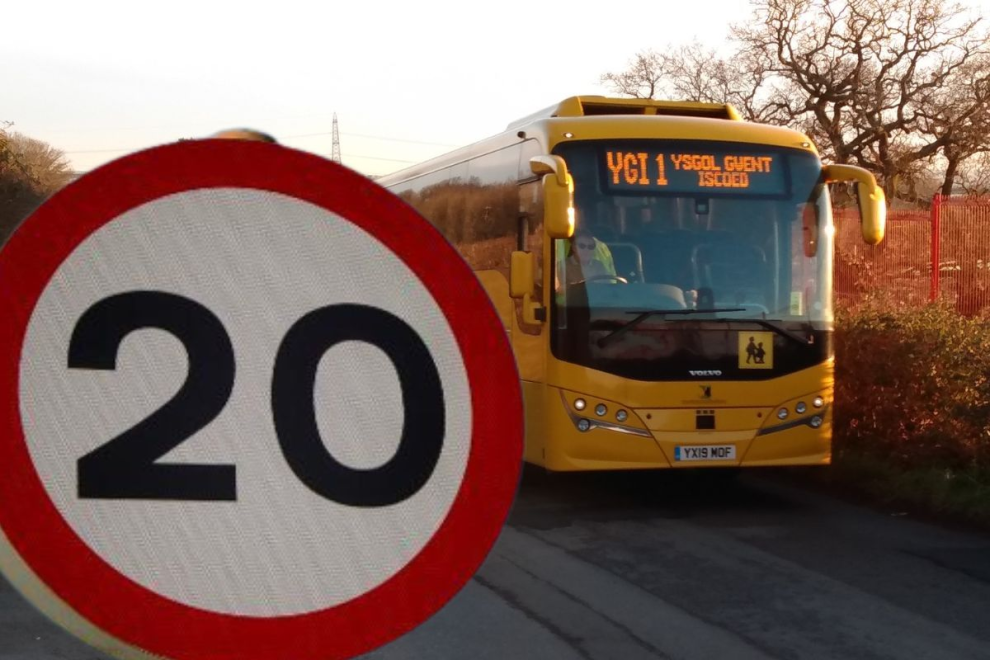Welsh cities may see a transformation in public transport dynamics as a recent report from the Centre for Cities sheds light on the challenges and potential solutions. The ‘Fare outcomes – Understanding Transport in Wales’s Cities’ report delves into the Welsh Government’s goal of achieving 45% of journeys through public transport, walking, and cycling by 2040.
The comprehensive report, conducted by the charity and research institute Centre for Cities, aimed to improve the economic success of UK cities and large towns, with a focus on Wales. The investigation explored the roles different Welsh regions play in increasing public transport usage and the necessary policies for achieving this ambitious target.
Among the key recommendations in the report is the exemption of buses in Welsh cities from the 20mph default speed limit, a move aimed at enhancing the competitiveness of public transport against private car usage. The proposal suggests that local authorities should consider exempting bus lanes from the speed limit where safe and appropriate, potentially paving the way for improved bus services and increased ridership.
The report highlights the contrasting trends in rail and bus usage since 2008. While rail passengers have seen a steady increase, local bus passengers have experienced a significant decline. This decline is noted to be more pronounced in Wales than in any other part of the UK over the past 15 years, with bus fares rising above inflation.
Researchers point out that despite some local authorities having their own bus operators, the overall weakening of public transport in Wales is attributed to bus regulation. The report calls for an assessment of how bus franchising, as proposed in a previous white paper, could enhance the current deregulated system and explores potential funding mechanisms.
Wales’ capital, Cardiff, emerges as a focal point for potential improvements, given its size and concentration of jobs in the city centre. The report recommends evaluating revenue options, including a £3 congestion charge in a designated area, to address the issue of congestion, improve air quality, and fund public transport enhancements.
In response to the report, Paul Swinney, Director of Policy and Research at Centre for Cities, emphasised the need for a range of interventions to make public transport the most convenient option, including investments in new stations and stops and considering speed limit exemptions for buses.
Political Reaction:
Welsh Conservative Shadow Transport Minister, Natasha Asghar MS, expressed concern over the recommendations, labelling them as part of a perceived ‘war on Welsh motorists’ by the Labour Government. She opposed road charging, workplace parking charges, and raising fuel duty, asserting that such measures would create an unwelcome future for Wales.
In response, a Welsh Government spokesperson clarified their stance, stating that they are closely monitoring the impacts of the 20mph speed limit on bus services. They emphasised collaboration with bus operators, local authorities, and Transport for Wales to address industry challenges. The government also highlighted the allocation of funds for bus priority measures to improve reliability and viability.
As the debate unfolds, Wales faces a critical juncture in redefining its public transport landscape, with decisions carrying implications for the environment, economy, and the daily lives of its residents.

















